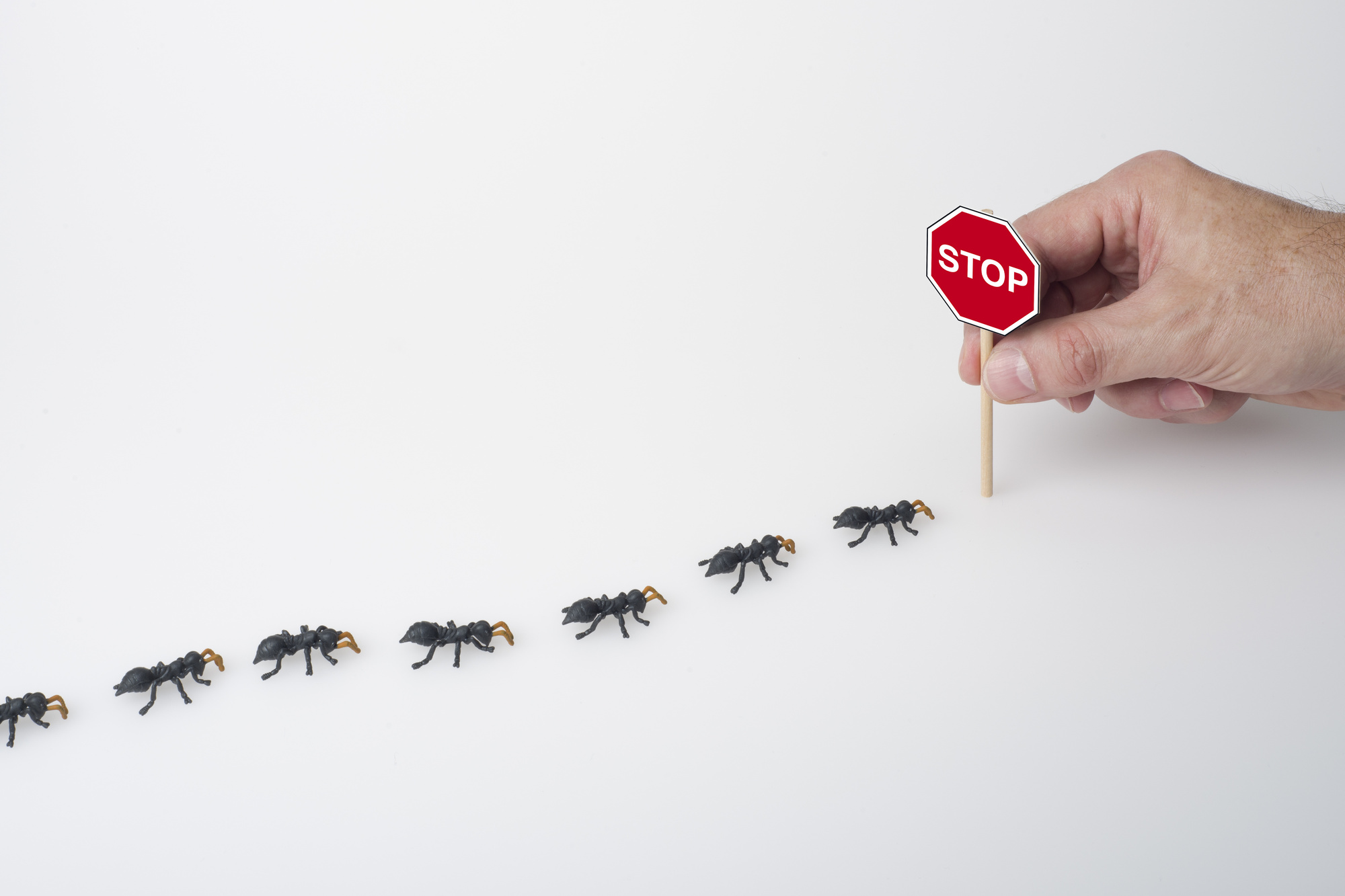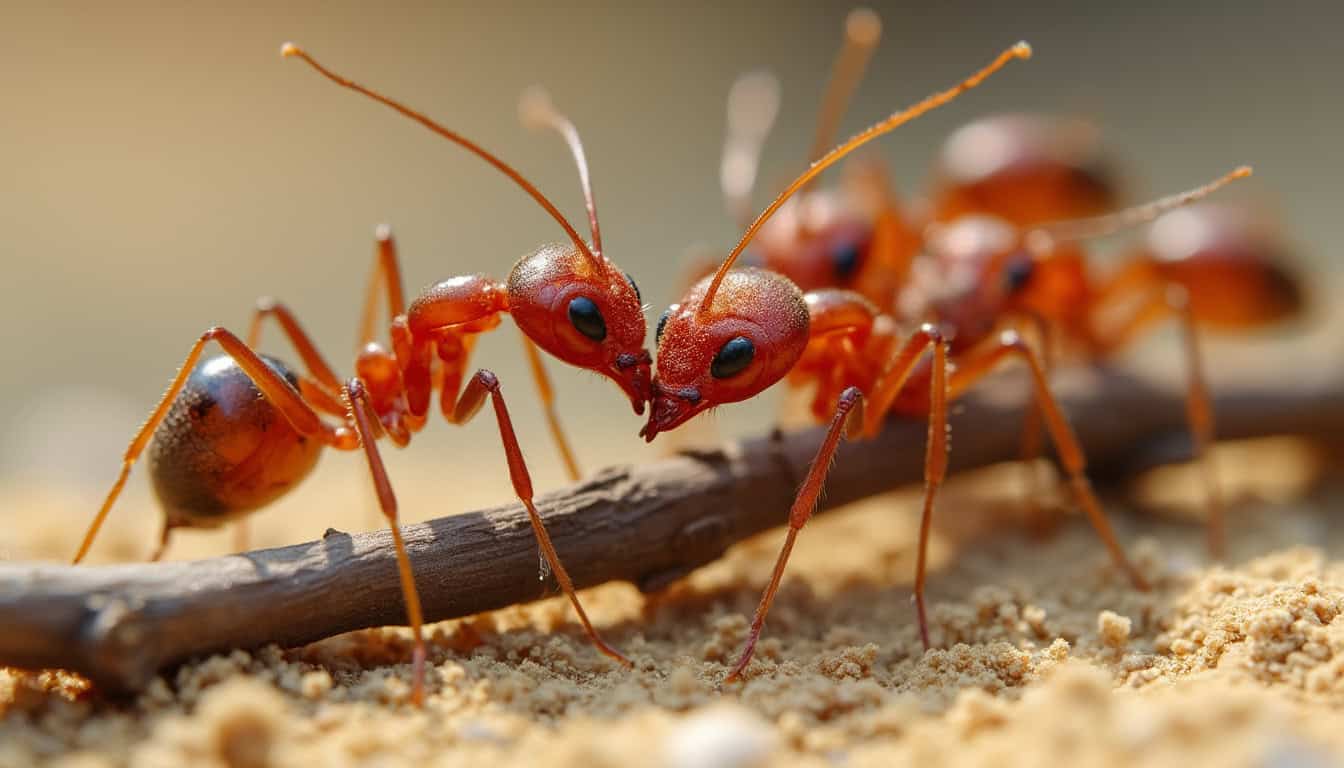Professional Termite Control Services: Safeguard Your Home from Termite Damage
Professional Termite Control Services: Safeguard Your Home from Termite Damage
Blog Article
Environmental Influence of Bug Control: Balancing Effectiveness With Sustainability
The environmental influence of parasite control is a vital concern that calls for a delicate balance between accomplishing performance in guaranteeing and handling parasites sustainability of our ecosystems. From the use of harmful chemicals that seep into our dirt and water to the unintended consequences on non-target species, the effects of traditional pest control practices are significant.
Damaging Chemicals in Pest Control
The utilization of hazardous chemicals in insect control presents considerable environmental and health and wellness dangers that call for cautious consideration and reduction approaches. Chemicals, pesticides, and herbicides are frequently utilized to remove bugs, yet their prevalent application can bring about unintended consequences. These chemicals can infect soil, water sources, and the air, impacting not just the targeted pests yet additionally valuable pests, wildlife, and people.

To attend to these threats, integrated bug management (IPM) strategies are being advertised as an extra lasting choice. IPM entails a combination of techniques such as organic control, environment control, and the targeted use of chemicals as a last option (ant control mocksville nc). By adopting a holistic method to pest control, we can decrease the ecological and health and wellness influences connected with hazardous chemicals while effectively handling pest populaces
Influence On Non-Target Types
Thinking about the unintended effects of insect control methods, the effect on non-target varieties is an essential element that requires comprehensive examination. While bug control measures intend to target specific bugs, other microorganisms in the ecosystem might be inadvertently influenced. Non-target species, consisting of helpful bugs, birds, mammals, and even plants, can experience straight or indirect damage from chemical applications or organic control techniques.
Chemicals can have lethal or sub-lethal results on non-target types. For instance, pesticides developed to battle a specific insect bug may damage pollinators like or natural killers such as ladybugs. Additionally, chemical residues can gather in the environment, impacting non-target microorganisms over time. Similarly, biological control representatives, otherwise species-specific, can position dangers to unintended targets, interrupting the eco-friendly equilibrium.
To reduce the effect on non-target varieties, integrated insect administration (IPM) methods that highlight an alternative method to pest control are recommended. These approaches focus on making use of eco pleasant techniques, decreasing damage to advantageous organisms while effectively managing pest populaces. Carrying out detailed risk assessments and keeping an eye on the results of insect control efforts are essential action in protecting non-target species and advertising general environment health and wellness.
Soil and Water Contamination
Unexpected environmental repercussions of pest control techniques expand beyond influencing non-target species, with substantial implications for soil and water contamination - termite control. Pesticides, herbicides, and chemical fertilizers utilized in pest control can seep right into the soil and pollute groundwater, posturing a hazard to both water and earthbound communities.
Water contamination is another critical issue linked with parasite control techniques. To mitigate soil and water contamination from pest control activities, integrated bug monitoring strategies that focus on sustainability and minimize chemical inputs are essential.
Air Pollution From Chemical Use
Exposure to airborne pesticides during agricultural applications positions a significant worry for air pollution control steps. Furthermore, pesticide drift, where pesticides are lugged by the wind to unintentional locations, can lead to the contamination of nearby ecological communities and water bodies.

Techniques for Sustainable Parasite Control
In the world of agricultural practices, applying sustainable bug control methods is paramount for keeping ecological balance and guarding crop returns. Lasting parasite control emphasizes the use of eco pleasant methods to manage pest populations properly while reducing injury to non-target organisms and ecosystems. Integrated Bug Management (IPM) is an extensively embraced approach that combines biological, cultural, physical, and chemical control methods to accomplish lasting parasite monitoring remedies.
One trick approach in lasting insect control is promoting biodiversity within agroecosystems. By boosting natural opponents of bugs, such as predators and parasitoids, farmers can lower the demand for artificial chemicals. Crop rotation and diversity are also efficient techniques to interfere with pest life cycles and produce less positive conditions for parasites to flourish. Additionally, making use of pest-resistant crop varieties and employing methods like catch chopping can aid lower parasite stress without counting heavily on chemical interventions. Ultimately, by integrating these sustainable insect control strategies, farmers can accomplish a balance in between pest administration performance and ecological stewardship.
Verdict
To conclude, the environmental impact of bug control methods need to be carefully website link considered to balance performance with sustainability. Damaging chemicals utilized in parasite control can bring about dirt and water contamination, air pollution, and harm non-target types - ant control services. It is essential to carry out lasting pest control methods to minimize these negative impacts on the setting and advertise a much healthier environment for future generations
By adopting a holistic technique to pest control, we can decrease the environmental and health and wellness impacts connected with harmful chemicals while successfully managing pest populations.

To mitigate the air pollution triggered by pesticide use, it is crucial to take on integrated bug monitoring methods that focus on the usage of non-chemical insect control methods, such as plant rotation, natural killers, and resistant crop ranges. Lasting pest control highlights the use of environmentally pleasant approaches to handle parasite populations successfully while lessening injury to non-target microorganisms and ecological communities. Integrated Pest Administration (IPM) is a widely taken on approach that combines organic, cultural, physical, and chemical control methods to achieve long-lasting bug management solutions.
Report this page